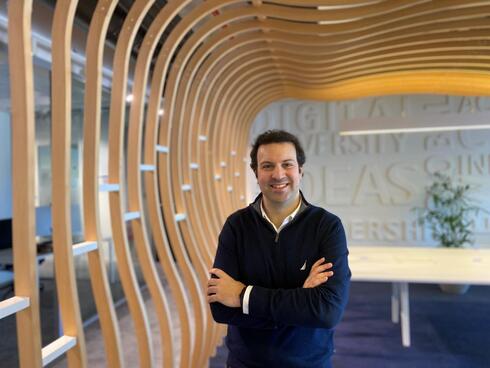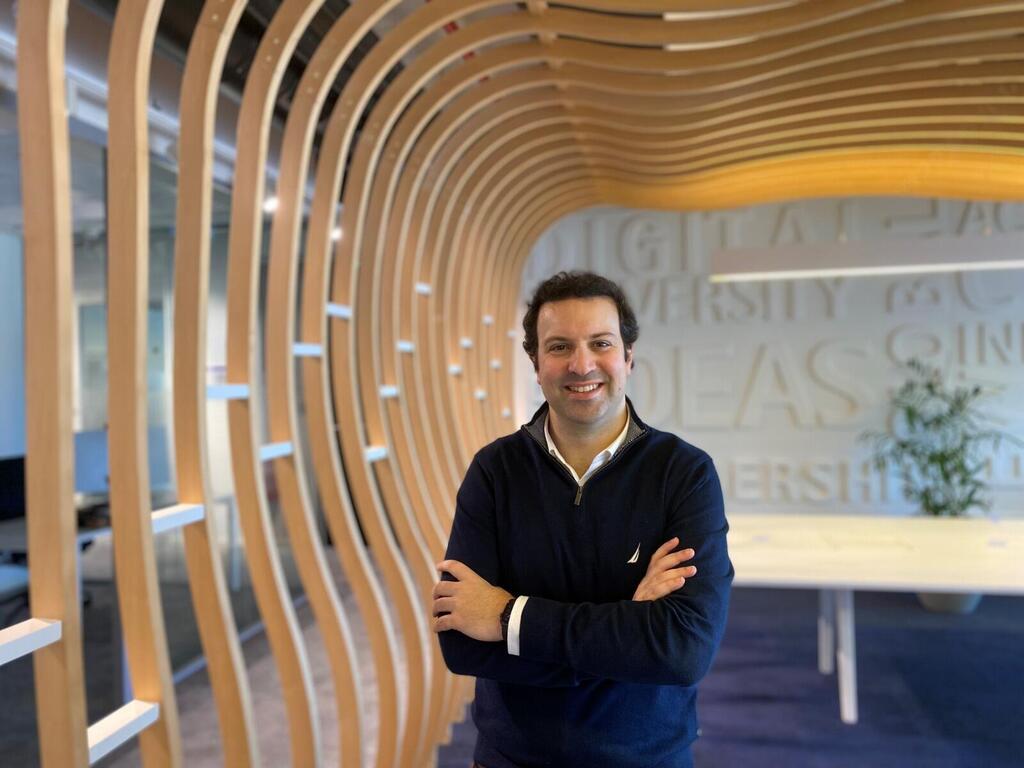
Opinion
AI unleashed: The good, the bad, and the hacked
"If we can understand and audit AI, we can make sure it's doing its job without any hidden surprises. This is especially important as AI and cybersecurity become more intertwined, with AI set to revolutionize how we deal with digital threats," writes Dan Klein, the Israel Cybersecurity Research Lead at Accenture Labs.
In today's tech-driven landscape, AI functions as a multipurpose tool for businesses, enhancing everything from consumer products to customer service. It significantly accelerates and improves our capabilities. However, it also presents substantial risks. AI's ability to analyze extensive datasets for trends makes it an attractive target for cyberattacks. A prime example of such vulnerabilities is the recent uncovering of the XZ Utils backdoor—a stark revelation of how a beneficial, widely-used tool can become a conduit for cyber threats.
The "XZ Utils attack" exemplifies a sophisticated hacking operation. It involved a security flaw in a commonly used compression tool embedded in many Linux systems. Cybersecurity experts found that hackers had covertly integrated malicious code into this tool. Initially, it appeared this code merely facilitated unauthorized computer access, but further analysis showed it could enable complete remote control by hackers. Known as CVE-2024-3094, this breach was part of a calculated, long-term strategy targeting trusted open-source software, underscoring the inherent security risks.
However, the "XZ Utils attack" is just one side of the cybersecurity coin. A recent breach involving ChatGPT, OpenAI's widely-used conversational AI, sheds light on another critical vulnerability: data privacy. In this incident, a flaw within the AI's infrastructure led to the unintended exposure of user data, including chat histories and sensitive payment information for a subset of subscribers. This breach was not just a technical oversight; it was a stark reminder of the privacy risks users face when interacting with AI platforms.
The ChatGPT breach differed from the XZ Utils attack in nature but was similar in its implications for AI security. It revealed how quickly trust can be eroded in the digital age—trust that is painstakingly built over time. While AI technologies like ChatGPT revolutionize how we communicate and access information, they also amass vast quantities of personal data, making them prime targets for cyberattacks.
These incidents illustrate the multifaceted security challenges AI presents. On one hand, we have the systemic risks to critical infrastructure and software supply chains, as seen in the XZ Utils backdoor. On the other, the ChatGPT breach highlights the personal risks to privacy and data security that end-users face. Together, they underscore the imperative for comprehensive security strategies that encompass not only the protection of software and systems but also the safeguarding of personal data.
Related articles:
- QuantHealth secures $2 million in funding from Accenture and other investors to deliver AI-powered clinical trial simulations
- Accenture Technology Lead: “You cannot stop AI. I don't think that makes sense”
- “I see huge opportunities in Israel because many large companies are really embracing the digital transformation”
AI isn't just about pushing the envelope in innovation; it's also a key player in our digital security toolkit. It can scan for threats in real-time, helping businesses stay one step ahead of hackers. Imagine AI as a digital guard dog, always on the lookout for anything fishy. But AI isn't the be-all and end-all. There are things it just can't handle, especially when it comes to making tricky decisions that require a human touch. That's why we need to keep a keen eye on it, ensuring it works for us and not against us.
The challenge doesn't stop at just using AI wisely; it extends to keeping it out of the wrong hands. The XZ Utils saga and the ChatGPT data breach serve as stark reminders of this. They show how crucial it is to protect the data AI uses, the algorithms behind it, and the decisions it makes. This means making sure everything from the ground up is secure and used responsibly.
Transparency and accountability are key. If we can understand and audit AI, we can make sure it's doing its job without any hidden surprises. This is especially important as AI and cybersecurity become more intertwined, with AI set to revolutionize how we deal with digital threats.
Yet, as the XZ Utils attack and the ChatGPT breach prove, innovation must be balanced with caution. We're venturing into new territories with AI, pushing boundaries, and exploring what's possible. But as we do, we must also fortify our defenses, ensuring that our leap into the future doesn't leave us vulnerable to the shadowy corners of the digital world.
This discussion isn't just for the tech experts; it's a conversation we all need to have. It's about making sure we can enjoy all the benefits of AI while staying vigilant against the risks it brings.
Dan Klein is the Israel Cybersecurity Research Lead at Accenture Labs.














